Outcomes & Badges
Sometimes it is nice to get a reward for a job well done.
Successfully complete the ten modules of VividScience Animals and earn the nine badges that represent facets of the three course outcomes: understanding concepts, practicing skills, and drawing connections between disciplines. Each of the three outcomes has a hierarchy of study from general science, to the life sciences (biology), to a specific group of life (animals).
Badges for VividScience Animals
These videos may assist you with understanding the outcomes and assembling the portfolio.
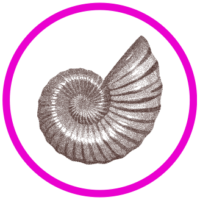
Science Concepts
perception, evidence, prediction, cause & effect, scale, quantity, continuity, change, matter, energy, patterns, systems & models, specimens, collections, tentative & durable, hypotheses, facts, theories, laws, science history, and science fields.

Science Skills
discovery (exploration, description, and explanation), reasoning, analysis, decision making, problem solving, reflecting, recording, science study skills, expertise/portfolios

Science Connections
science news, global issues, science & culture, business/economy, science & the arts, science ethics, science products, events, institutions, science values, scientists, science-related jobs, science & technology
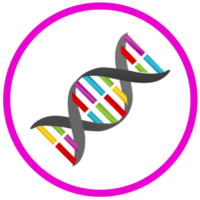
Biology Concepts
complexity & organization, cells, structure & function, classification, evolutionary change, unity & diversity, inheritance, reproduction, development, regulation & feedback, mechanism & physiology, homeostasis, interdependence, between species, within species
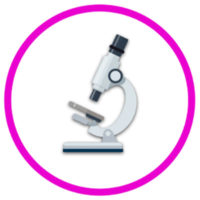
Biology Skills
observations, inferences, creativity & imagination, research design, library research, qualitative & quantitative, data collection, sampling, data management, data analysis, data visualization, synthesis & conclusions

Biology Connections
lifelong learning plans, techniques, trips & destinations, informal education (museums, libraries, galleries), everyday science, kitchen science, garden science, science & local communities, citizen science
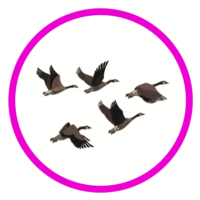
Animal Concepts
animal phyla, cognition, motion, rhythms, migration, navigation, hibernation, competition, territoriality, cleaning, home-making, feeding, predator-prey, parental care, mating, societies, communication
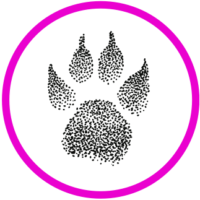
Animal Skills
safety, field kits, directions, animal tracking, field observation, animal handling & husbandry, long-term studies & narration, animal stories, maintaining animal/wildlife habitats

Animal Connections
making media, communicating about animals, writing & journaling, drawing & painting, photos & videos, mixed media, animal products, farm animals, pests, research animals, urban animals, beneficial insects, pets